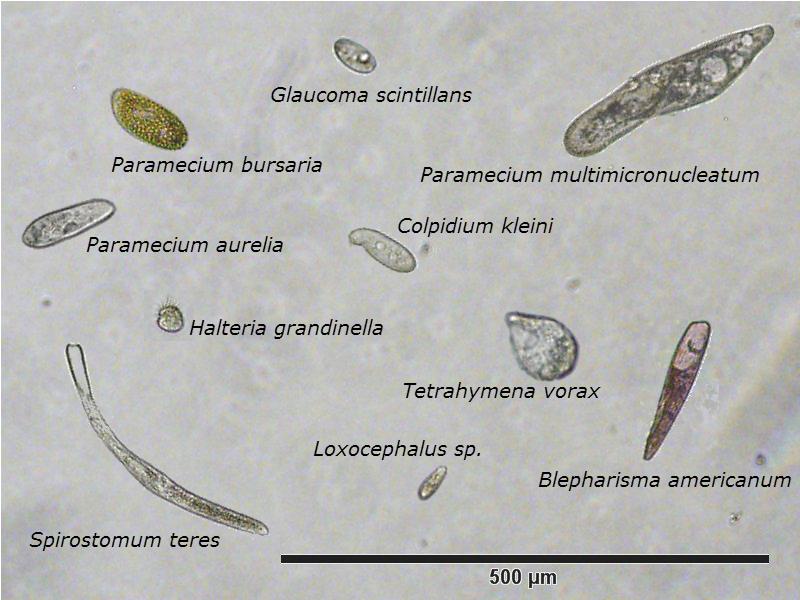Dispersal among local communities
Submitted by editor on 6 March 2015.
Whether ecological communities can exhibit historical contingency is an important question in community ecology. Ample theoretical and empirical evidence has shown that difference in assembly history can lead to alternative community states that differ in species composition and abundance. Nevertheless, few empirical studies have explored historical contingency in the context of metacommunities in which species dispersal links local communities. Natural communities, however, are rarely isolated. They are connected in various ways.
In our study, titled “Dispersal among Local Communities Does Not Reduce Historical Contingencies during Metacommunity Assembly”, we reported on an experiment testing whether dispersal among local communities diminishes the likelihood of alternative community states by independently manipulating the history of species colonization into local communities and the degree of dispersal among local communities. We conducted the experiment using laboratory protist microcosms, which are appropriate for identifying the existence of multiple community states that requires community dynamics over multiple generation times of study organisms. Our species pool consisted of 10 heterotrophic protist species, which competed for shared bacterial resources. The experiment lasted 15 weeks, compared with generation times of these protist species ranging from a few hours to no more than two days. Abiotic conditions (e.g., resources, temperature) were identical among all experimental microcosms, preventing the process of species sorting in causing differences among local communities.

Quite surprisingly, our results showed that the presence of alternative community states was robust to variation in the level of dispersal among local communities. More specifically, two types of local communities, dominated by different species, emerged in response to differences in assembly histories. Interestingly, priority effects, an important mechanism underlying alternative states observed in many other studies, were almost non-existent in our experiment. Rather, our experiment identified history-induced variation in the strength of species interactions as an important but previously underappreciated mechanism for driving alternative community states.
Given the demonstrated importance of variation in assembly history on metacommunity assembly, in this study we advocated the expansion of the metacommunity framework to consider species colonization history, in parallel with environmental heterogeneity and dispersal, in shaping metacommunity assembly.
Zhichao Pu and Lin Jiang